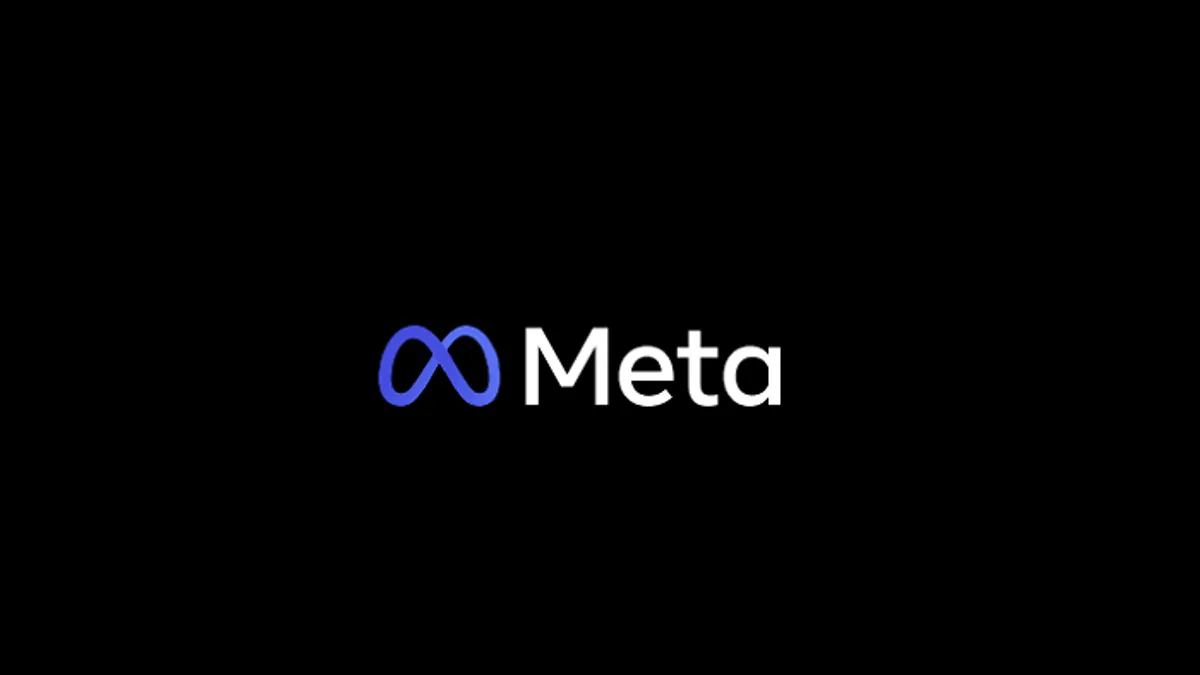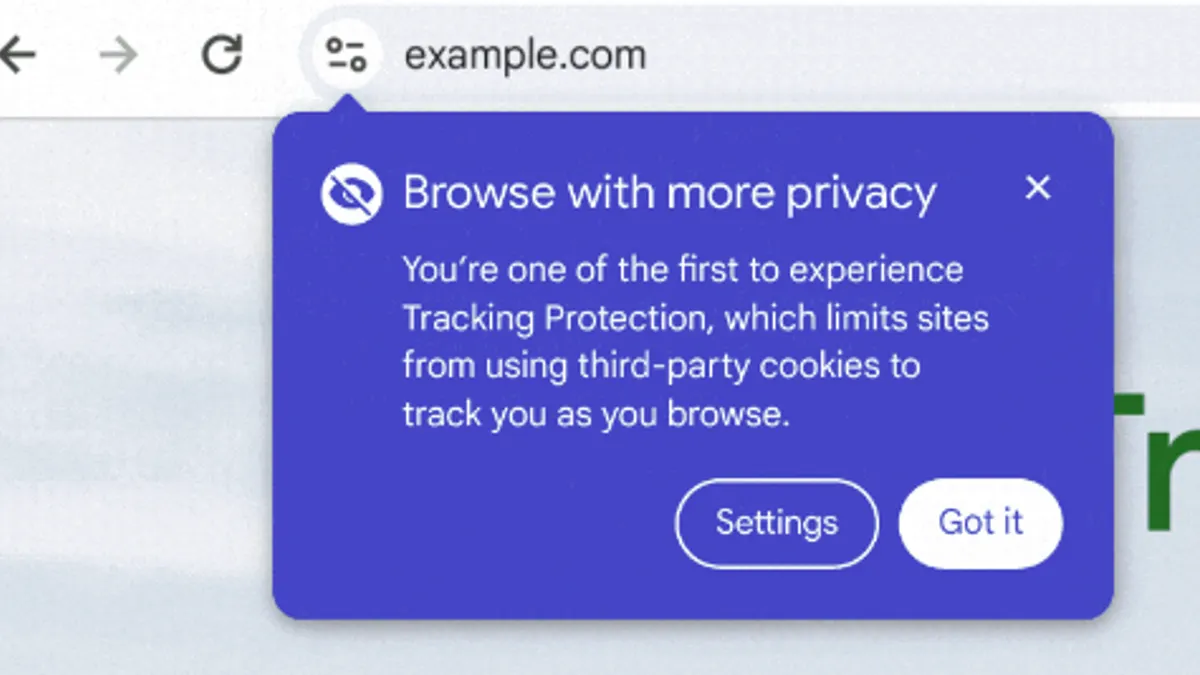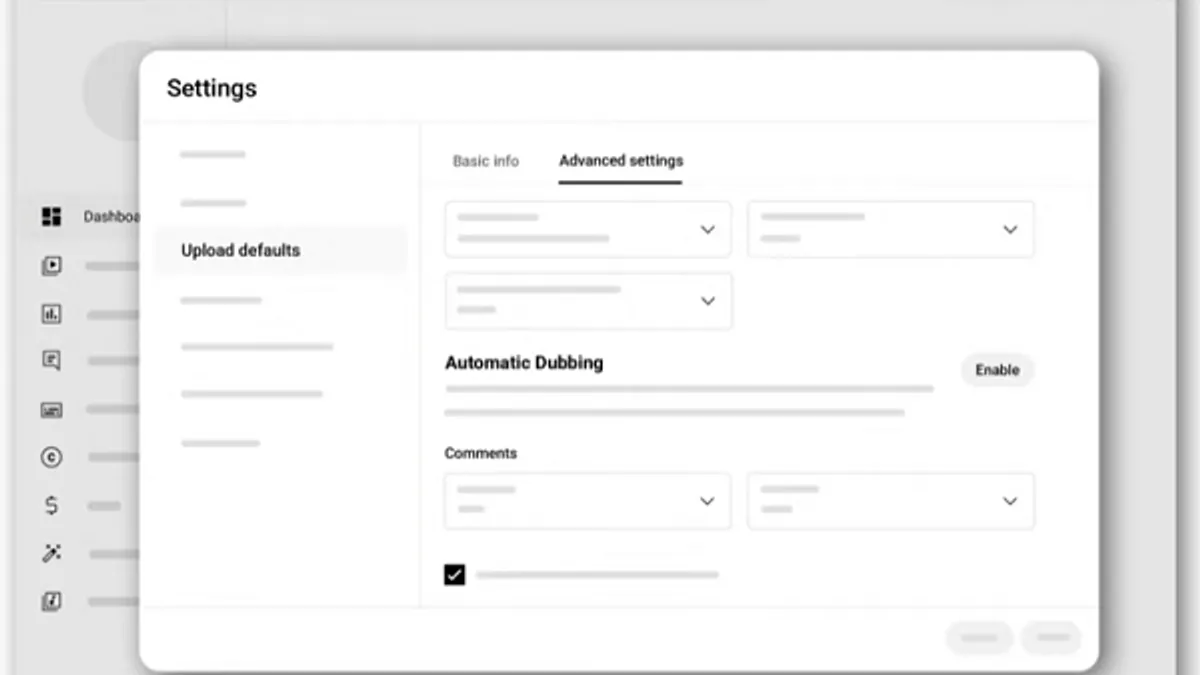Meta Fined €200 Million by EU for DMA Breaches
The European Commission has imposed a €200 million fine on Meta for violating the Digital Markets Act (DMA) regarding data consent regulations. The penalty relates to Meta's alternative subscription offering in Europe, launched in 2023 in response to EU rules requiring platforms to offer users an opt-out from targeted ads.
Meta's ad-free subscription allows EU users to avoid having their personal data used for ad targeting by paying a monthly fee. Initially set at €9.99, Meta later offered to halve the price following challenges from advisory groups arguing that the subscription undermined the GDPR's protections against "data capitalism."
While EU regulators continue to review Meta's options, the fine reflects the period during which the subscription package was offered. Meta expressed strong disapproval of the decision.
“The European Commission is attempting to handicap successful American businesses while allowing Chinese and European companies to operate under different standards. This isn’t just about a fine; the Commission forcing us to change our business model effectively imposes a multi-billion-dollar tariff on Meta while requiring us to offer an inferior service. And by unfairly restricting personalized advertising the European Commission is also hurting European businesses and economies.”
This statement, made by Meta's Chief Global Affairs Officer Joel Kaplan, invokes concerns about anti-American sentiment and trade tariffs, echoing criticisms from US officials regarding EU digital regulations. Earlier this year, the FCC chairman criticized the EU's Digital Services Act (DSA) as incompatible with American free speech traditions. Vice President JD Vance also criticized EU regulations, and former President Trump threatened tariffs on European imports in response to tech regulations impacting US companies.
Meta's History of EU Fines and Regulatory Scrutiny
Meta has faced over a billion US dollars in annual fines from EU authorities in recent years for various issues, including data breaches, linking Facebook Marketplace to Facebook, alleged tax fraud, and more.
Some of these penalties are viewed as a tax on Meta's success rather than addressing actual market violations. For example, several nations have attempted to tax Meta for using local publisher content, despite Meta reducing its focus on news and publishers benefiting from Meta's platforms.
These regulations appear to penalize US tech platforms for their market share dominance, driven by product value rather than anti-competitive practices. Under pressure from local corporations, regulators have implemented policies targeting tech giants.
Meta seeks US government support to challenge these penalties, hoping for a stronger defense against what it perceives as unfair targeting.
Update (4/24)
The White House has criticized the latest EU fines against Meta and Apple, calling them a "novel form of economic extortion." The US government stated it will not tolerate such actions but has yet to announce specific countermeasures.







